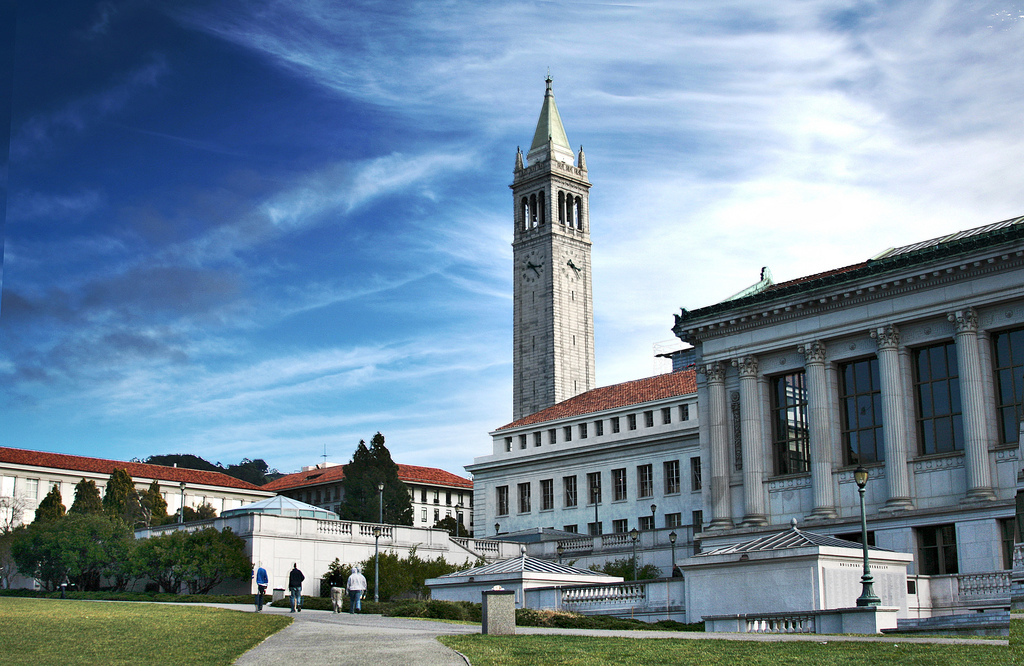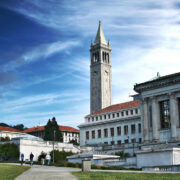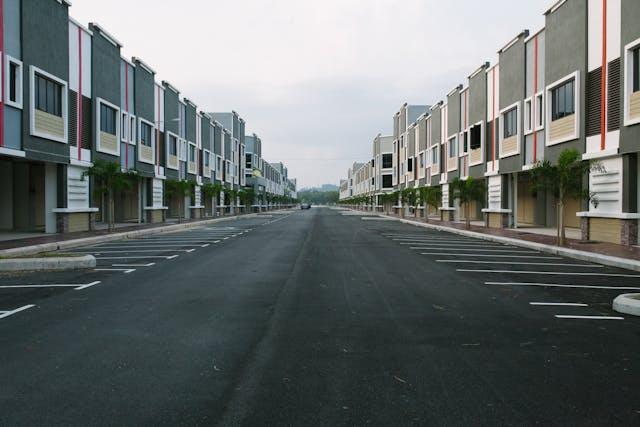
Prop 16 would repeal ban on using race and ethnicity in college admissions
Even amidst a global pandemic, racial justice has remained a key issue for voters. As California gears up for the upcoming November elections, one proposition on the state’s ballot looks at whether race and ethnicity should play a factor in public employment, education, and contracting.
Proposition 16 looks to repeal Proposition 209, which became part of the California Constitution after passing in 1996, and says that California cannot discriminate against or grant preferential treatment to individuals or groups “on the basis of race, sex, color, ethnicity, or national origin in the operation of public employment, education, or contracting.”
If passed, Proposition 16 would essentially remove the state’s ban on “affirmative action” — the practice of taking an individual’s race or gender into account over factors like test scores and grades in academic settings — from the California Constitution.
During a virtual rally held by Asian American and Pacific Islander (AAPI) supporters of Proposition 16 on Wednesday, August 12, AAPI community leaders shared their thoughts on why affirmative action is important in California.
“This is quite personal,” said Assemblymember David Chiu, D-San Francisco. “I would not have been elected to office or in public policy or in politics, but for an affirmative action program when I was 19 that encouraged kids of color, students of color, to enter public policy careers.”
As chair of the California Asian Pacific Islander (API) Legislative Caucus, Chiu said the same went for his colleagues like Assemblymember Rob Bonta, the first Fil-Am to serve in the state legislature; Assemblymembers Evan Low and Todd Gloria, the first LGBTQ members; and Assemblymember Ash Kalra, the first South Asian member.
While the issue of affirmative action does play into career mobility as AAPIs continue to trail behind whites in career advancement and earnings, debate over affirmative action has focused largely on college admissions.
In California, the issue is especially pertinent to the state’s public University of California (UC) system where AAPI students make up large percentages of many of its campuses’ student bodies.
“When we actually looked at the data, it showed to us that if you look at a lot of colleges around the country that have employed affirmative action, you’ve seen Asian-American numbers go up dramatically,” added Chiu. “But in California, since Prop 209 passed, we’ve actually not seen our AAPI numbers go up and when you actually look at the data, it’s very clear we need to do this.”
Since Proposition 209 took effect in 1997, admission rates of AAPI students remained nearly the same before and after affirmative action was banned, according to UC data compiled by the San Francisco Chronicle.
Opponents of affirmative action argue that advancing Proposition 16 would move away from a merit-based system and thus make it harder for AAPI students to get into the UC system if it were to implement ethnicity quotas.
The Silicon Valley Chinese Association Foundation, one of the most vocal opponents of Proposition 16, said in a public letter defending Proposition 209 that allowing affirmative action would “pit one group of citizens against another simply based on their race, sex, color, ethnicity or national origin.”
“It will minimize the accomplishments of minority groups to a simple result of preferential treatment, a blow to their extraordinary hard work and sacrifice,” wrote the organization’s president, Crystal Lu.
The group’s sentiment mirrors that of an anti-affirmative action group that sued Harvard University for considering race as one of the non-academic factors looked at for admissions. A federal judge ruled in favor of Harvard University.
On Thursday, Yale University was accused by the Justice Department of discriminating against Asian-American and white applicants by using race as a “determinative factor” in its admissions decisions.
The university said it used a holistic review of applicants that included other aspects of their backgrounds in addition to leadership experience and academics.
Shikha Bhatnagar, executive director of the South Asian Network (SAN), said during the virtual rally that a similar anti-affirmative action concern has been voiced in the Indian American community.
However, she continued, “I believe the data still shows that Indian Americans still overwhelmingly support affirmative action.”
She added that Proposition 209 would also prevent targeted investments to black and brown students who need extra support.
In relation to the Fil-Am community, affirmative action proponents point back to the mid-1990s when Filipino enrollments at the UC Berkeley’s law school — formerly the Boalt School of Law before the name was dropped due to its racist history — declined.
They note that after the school’s affirmative action program was dropped, zero Fil-Ams and Blacks were enrolled at the school. Thirteen Fil-Ams had been enrolled between 1994 and 1996.
Manufou Liaiga Anoa’i, a Daly City school board member of Samoan descent whose son went to UC Berkeley, said she understands people who may question her son’s opportunities to receive a full scholarship over someone else, but added that the education system was not originally created for students of color.
“The reality is when we look at a merit-based system that has just been tainted with systemic racism for many years, we didn’t create the system that we belong to,” said Anoa’i.
She added, “A lot of times, expectations are made on communities of color that really aren’t applicable because they’re defining us by rules that are put in place, and policies and procedures that are expected to be administered and adhered to.”






